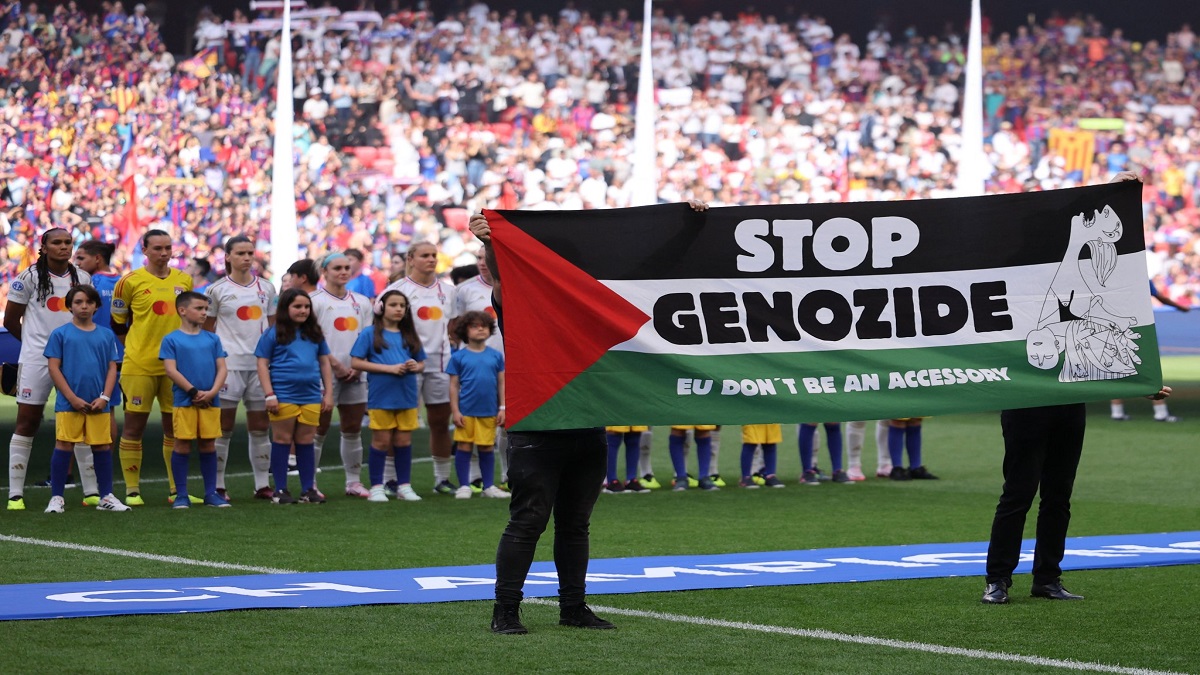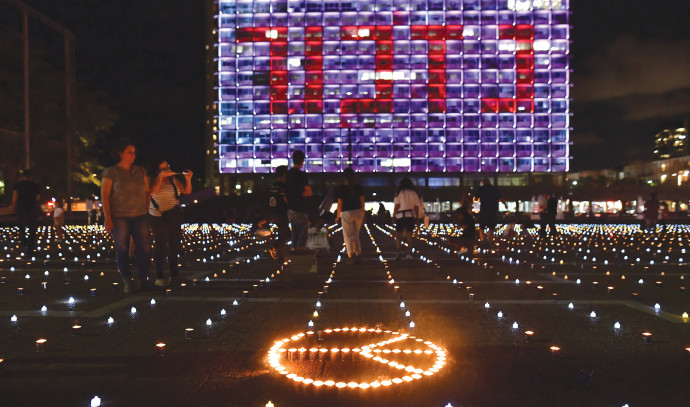


The unequal treatment of protests in European countries regarding the Israeli-Palestinian conflict has come under scrutiny. Demonstrations in support of Israel are allowed, while those in support of Palestinians face consequences [3f40290e]. The article highlights the disproportionate cost of the conflict on Palestinian civilians and the increase in hate speech [3f40290e]. The author criticizes the lack of progress in achieving peace between Israelis and Palestinians, citing the failure to uphold the Oslo Accords and the refusal to acknowledge the Beirut Summit Initiative [3f40290e]. The article also examines the prospects for a prisoner exchange between Hamas and Israel and expresses concerns about the aftermath of the Gaza war [3f40290e]. It discusses the challenges of restoring security on the border with Lebanon and the need for stronger guarantees [3f40290e]. Additionally, the article explores the digital transformation efforts in Gulf countries, emphasizing the investment in modernizing digital infrastructure and promoting innovation and diversification away from fossil fuels [3f40290e]. It underscores the importance of supporting education and developing a skilled workforce for the digital economy [3f40290e].
UEFA has fined several activists 3,000 euros for displaying the Palestinian flag and calling for an end to the genocide in Gaza before the final match of the Women's Champions League held in Bilbao [ca9e8056]. The protest was organized by a group of human rights defenders to make the situation in Gaza visible. The sanction has provoked mixed reactions, with some condemning it as a repression of freedom of expression and others supporting UEFA's decision to keep stadiums and sporting events away from political disputes [ca9e8056]. The incident has reopened the debate on the role of sports organizations in political and humanitarian contexts, and UEFA faces the challenge of balancing political neutrality with growing demands from audiences and athletes [ca9e8056]. The fine could have future implications for UEFA and may lead to calls for boycotts or new protests in solidarity with the Palestinian cause [ca9e8056].
In a related development, S Monaco FC midfielder Mohamed Camara has been suspended for four matches after covering up an LGBT support badge on his game jersey during a recent Ligue 1 match [69fd0978]. The move by LFP to sanction Camera is the latest troubling sign that football authorities across Europe are seeking to impose a radically “progressive” equity, diversity and inclusion (EDI) agenda that infringes the rights of others to freedom of expression [69fd0978]. The recent spate of incidents in which LFP-led attempts to compel expression failed have led some commentators to suggest that players’ contracts should from now on contain specific stipulations about joining anti-discrimination campaigns [69fd0978]. The football world’s war on free speech is a core topic in this article [69fd0978].